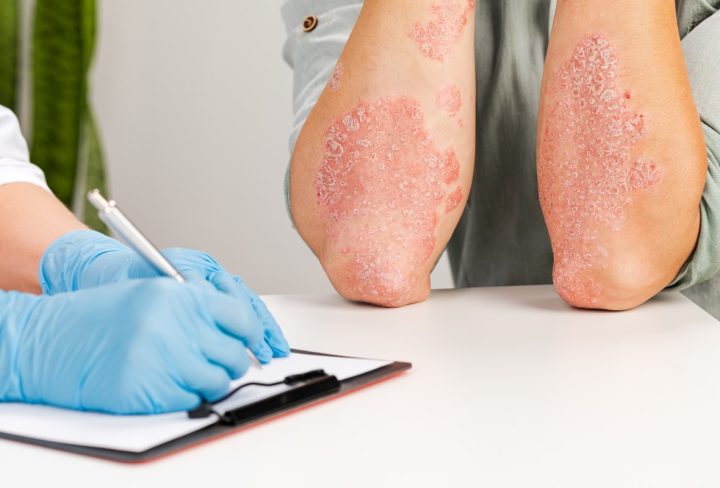Psoriasis is a chronic autoimmune disorder that affects the skin, causing red, scaly patches that can be itchy and painful. While the exact cause of psoriasis is unknown, research has shown that stress can be a trigger for flare-ups in people with psoriasis. In this blog, we will discuss the link between stress and psoriasis and provide tips for managing triggers and symptoms.
Stress can trigger the immune system to overreact, causing inflammation and exacerbating psoriasis symptoms. Stressful events such as job loss, relationship issues, or financial problems can trigger psoriasis flare-ups. Additionally, everyday stressors like traffic or tight deadlines can also impact psoriasis symptoms.
Managing stress is crucial for managing psoriasis symptoms. Here are some tips for managing stress and reducing psoriasis flare-ups:
Practice Relaxation Techniques: Relaxation techniques such as deep breathing, meditation, or yoga can help reduce stress and promote relaxation. These techniques can help lower cortisol levels, which is a hormone that increases with stress and can trigger psoriasis symptoms.
Exercise Regularly: Regular exercise can help reduce stress and inflammation. Exercise also promotes a healthy immune system, which is essential for managing psoriasis. Low-impact exercises like walking, swimming, or cycling can be beneficial.
Get Enough Sleep: Lack of sleep can increase stress levels and trigger psoriasis flare-ups. Getting enough sleep is essential for managing psoriasis symptoms. Aim for 7-8 hours of sleep per night.
Eat a Healthy Diet: Eating a healthy diet rich in fruits, vegetables, and lean protein can help reduce inflammation and promote overall health. Avoiding trigger foods like alcohol, sugar, and processed foods can also help manage psoriasis symptoms.
Seek Support: Talking to a therapist or joining a support group can help manage stress and provide emotional support. It can also help to talk to friends and family about your psoriasis and how they can support you.


